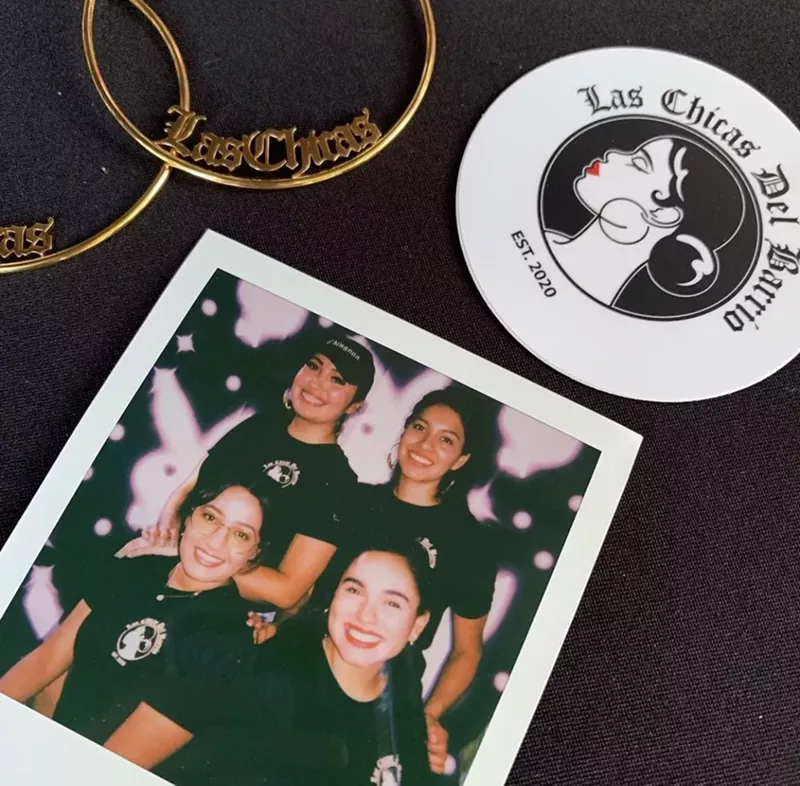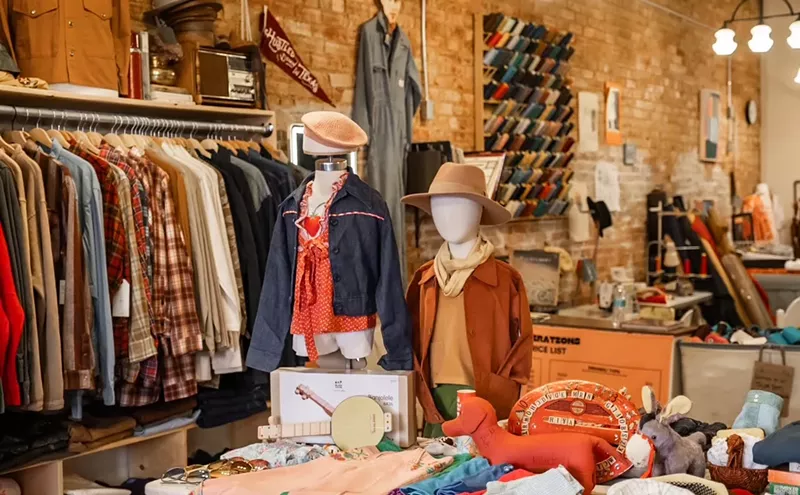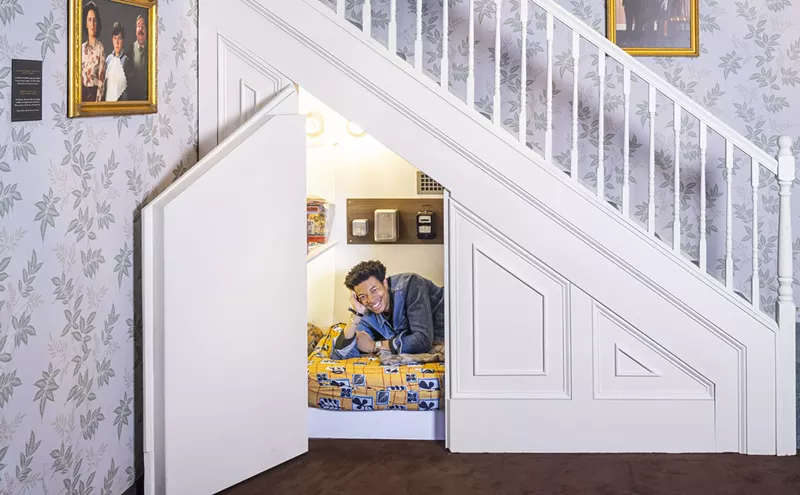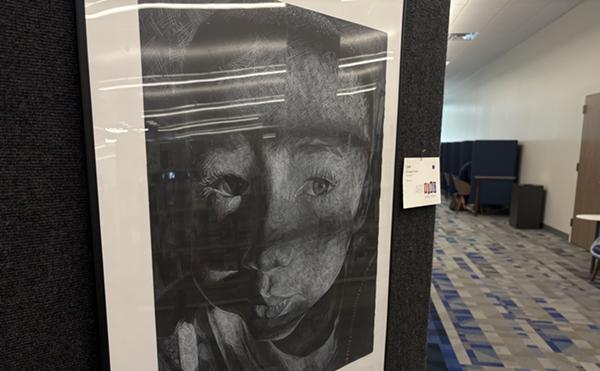Rachel Vigil knows this well.
In October 2020, Vigil founded nonprofit Las Chicas Del Barrio, a mentorship program designed for high school and college students ages 15-25. While there are other similar mentorship programs, Las Chicas Del Barrio is designed by Latinas for Latinas.
“Latinas struggle with being a person who fits into the academia world and maintains roots,” says Jovita Castillo, a mentor with Las Chicas Del Barrio. “We have to give up our culture in order to fit in.”
The organization's mission is to create a space where young women can develop their identities with the guidance of mentors who share an understanding of their culture, values and histories.
“A lot of the time we look to other people as our saviors. In a lot of movies it is typically the minority students, and then you have a white teacher that comes and kind of saves them,” Vigil says. “That's what I wanted to change. I want our students to find that support and help in their own people in their own community.”
As a first-generation Salvadorian student, Vigil’s college experience started with not even knowing how to apply for college. Language barriers and inexperience left her parents striving to help but limited in their knowledge on how to guide her. On her own, Vigil navigated the application, financial aid, orientation and registration processes to attend the University of Texas at Arlington.
Vigil felt compelled to dismiss the mental health struggles that came with voyaging into uncharted territories. For Vigil, at the time, her mental health struggles were a far cry from the struggles other Latin parents and grandparents endured.
Vigil’s parents were raised in El Salvador during the Salvadoran civil war. Vigil’s mother’s memories are tainted with experiences of sleeping in fields at night for fear of being assaulted at home. Similarly, many Latin families' histories include generational tales of traumatic hardship, instilling an incessant desire for success for generations to come.
“For her [Vigil’s mother], it's like, I had to struggle this way so that you don't have to struggle and that means there's no reason for you to ever be sad or to ever feel worried,” Vigil says. “I feel like because their struggle was so big, they kind of minimize anything that we went through so we felt like we did not have the right to be stressed, to feel anxious, to feel sad, to feel worried, to feel afraid, all of these things. We just weren't allowed to feel that way.”
As the pandemic wore on, Vigil reflected on her mental health hurdles. Through research, Vigil recognized the dire need for support for young Latinas.
According to a 2019 Centers for Disease Control and Prevention study, 22.7% of high school-aged Latinas have seriously considered attempting suicide, 19.6% have made a suicide plan and 11.9% have attempted suicide. (For female youths of all races and ethnicities, the numbers are somewhat worse except in the attempted suicide category: 24.1%, 19.9% and 11% respectively. The percentages for boys overall are lower.)
"I want our students to find that support and help in their own people in their own community.” – Mentor Jovita Castillo
tweet this
Vigil recognized these facts as a call to action to develop a safe space where upcoming generations of Latinas are allowed to feel and express themselves openly without guilt or fear, where Latinas can extend a hand to other Latinas.
Las Chicas Del Barrio gained traction on Instagram and through word of mouth, and the organization has recruited over 30 mentors.
Mentors connect with mentees once a week via text, phone call or video conferencing and meet in person with mentees once a month. The inaugural group of mentors and mentees were paired mid-October and since then duos have enjoyed time together at pop-up shop events and mini golf.
Mentors work with mentees to create higher education plans, gain financial literacy development and promote mental, physical and emotional health.
Las Chicas Del Barrio aims to instill in Latinas that higher education is not a one-size-fits-all model.
“I have a criminal justice degree,” says Las Chicas Del Barrio mentor Olga Pham. “I felt like I was pushed into a career in a way just because I had to pick something.”
As a teenage mother, Pham felt compelled to succeed by any means necessary. Pham sought a criminal justice degree that led to a long-standing career as a paralegal. At the age of 29, Pham left her job as a paralegal to become an entrepreneur. She is now an aesthetician in Fort Worth.
Vigil says the organization wants to allow mentees to explore all their options aside from the culturally celebrated career paths of nursing or business management. Young Latinas are encouraged to look into the flexibility and affordability of community college, explore alternative career programs and gain insight into entrepreneurship through mentors' experience.
The nonprofit has mentors awaiting mentees. They say some families are hesitant to allow outsiders to influence their family, and some parents are skeptical at the willingness of strangers to extend a hand to their daughters.
“We want parents to know we are here to help, we're not here to add more responsibility to their child, we're here to help lessen that load,” Vigil says. “We are here for their daughters by teaching them how to manage their time, how to study, how to properly take notes, helping them with homework and also just being that person who they can speak to as well. Allow them to have that opportunity to lean on someone else.”













